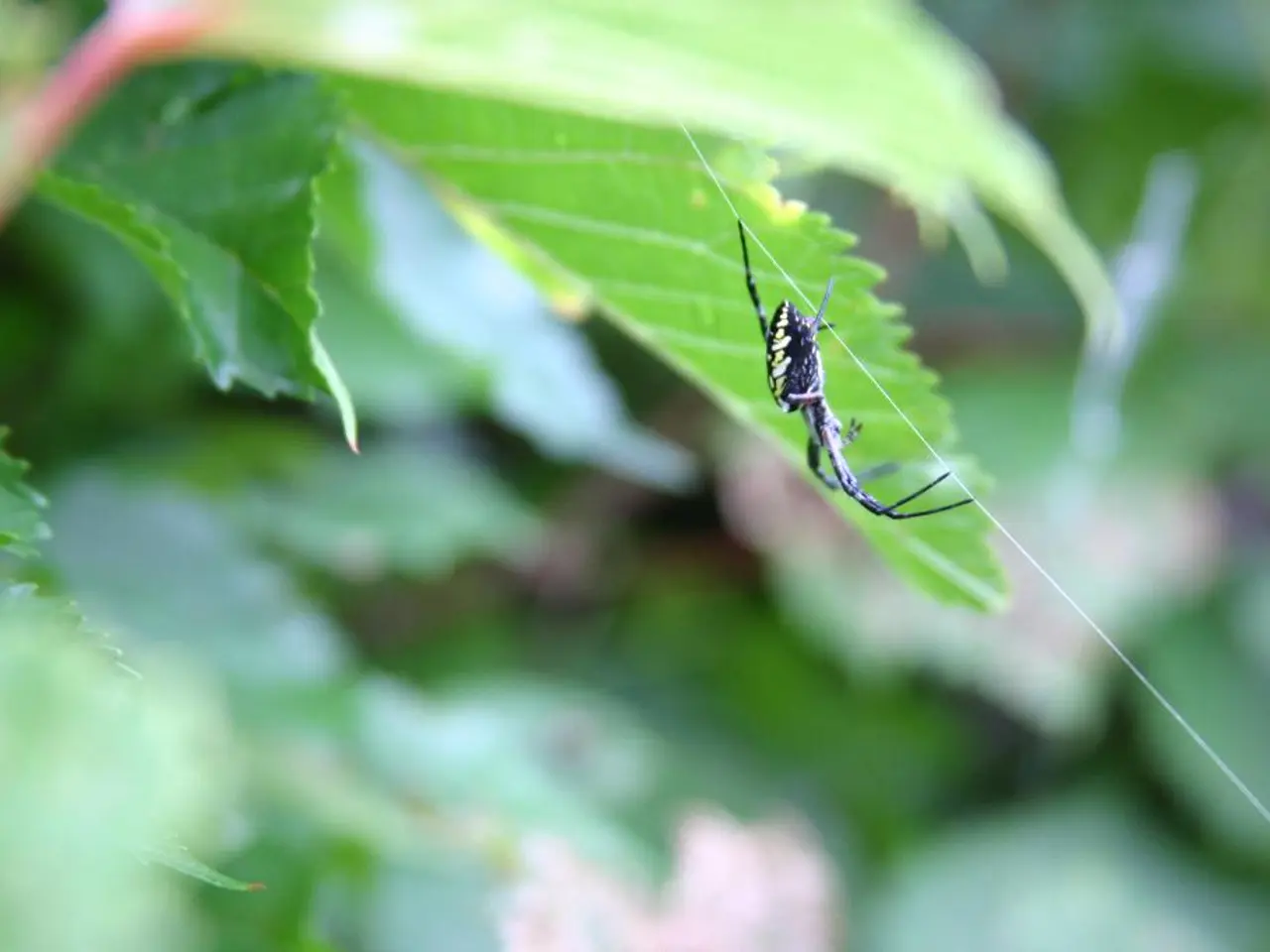Spiders: Unsung Heroes of Our Gardens
Spiders, often misunderstood, play a vital role in our gardens. These eight-legged creatures help control insect populations, making them beneficial allies in our outdoor spaces.
Spiders are diverse in their hunting strategies. Funnel weavers, like the house funnel-web spider, create flat webs with a central hole where they wait for unsuspecting victims. Meanwhile, orb weavers, such as the garden cross spider, spin intricate webs with concentric circles to ensnare their prey. Hunting spiders, including wolf and lynx spiders, forgo webs altogether, actively searching for their meals.
In Germany, several species contribute to pest control in gardens. The garden cross spider, with its large orb webs, is particularly adept at catching flies and aphids. The house funnel-web spider, common indoors but also found in gardens, helps manage insect populations. Additionally, the Nosferatu spider, a Mediterranean species spreading in Germany, and the wasp spider are becoming more frequent, aiding in pest control, especially with the impacts of climate change.
Despite common fears, spiders pose little threat to humans. Most spiders have venom harmless to us, with only a few exceptions like the black widow and brown recluse. Instead of viewing them as pests, we should appreciate their role in keeping our gardens healthy and balanced. By allowing spiders to do their work, we can maintain a thriving ecosystem in our outdoor spaces.





